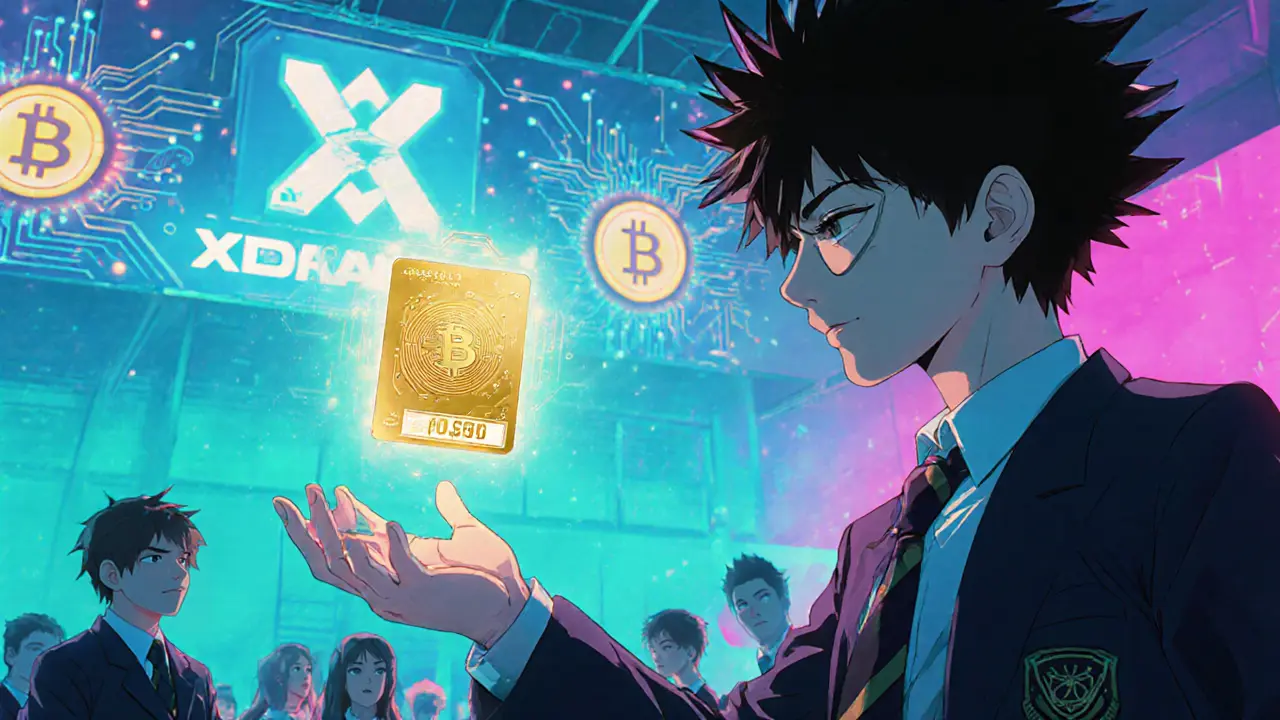

When talking about NFT badge, a tokenized badge that lives on a blockchain and proves ownership or achievement. Also known as a digital collectible, it blends the uniqueness of an NFT with the visual cue of a badge you can display in wallets or profiles. This combination lets creators issue verifiable credentials, gamers hand out rewards, and brands showcase loyalty.
At its core, an NFT badge requires a smart contract on a blockchain to lock the metadata and enforce scarcity. The badge’s metadata often includes an image, description, and the achievement it represents, making it a digital collectible that can be transferred or displayed. In the world of GameFi, badges act like in‑game trophies that also have real‑world value, influencing player behavior and secondary‑market prices. Because the badge lives on chain, anyone can verify its authenticity without trusting a central server, which is why many projects use them for airdrop eligibility or community milestones.
Beyond gaming, NFT badges are gaining traction in social platforms, online courses, and brand loyalty programs. A creator might award a badge to early supporters, granting them exclusive content or voting rights. A university could issue a credential badge for completing a blockchain course, and employers could scan the badge to confirm the claim. These use cases show that an NFT badge encompasses both proof of achievement and a tradable asset, blurring the line between reputation and ownership.
Understanding the technical side helps you avoid scams. Look for badges that link to a verified contract address, have clear provenance, and provide a link to the metadata JSON. If the badge interacts with a known platform—like OpenSea, Magic Eden, or a GameFi marketplace—you get an extra layer of trust. With that foundation, you’re ready to explore the collection below, where we break down real‑world badge projects, give step‑by‑step guides to claim them, and analyze their market impact.

A clear, jargon‑free guide that explains what POAP is, how it works on Ethereum, how to create and collect them, and why they matter for events and digital identity.